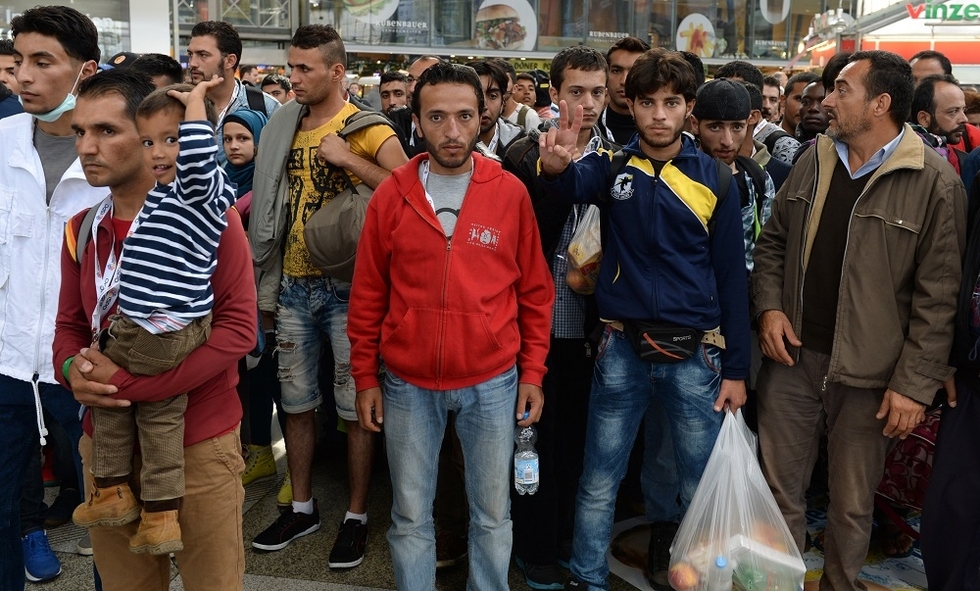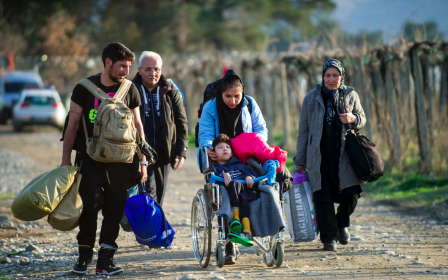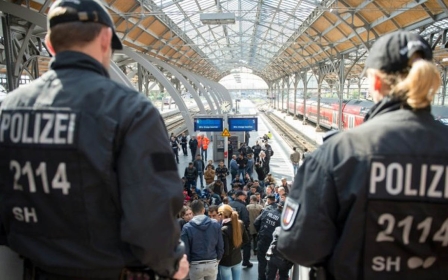German interior minister blasts 'unacceptable' Austrian migrant policy

Austria's decision to only accept 80 asylum seekers a day while letting thousands transit through sends "the wrong signal" and is "unacceptable," German Interior Minister Thomas de Maiziere said on Sunday.
Berlin fears many of these migrants are heading for Germany, where tensions are on the rise after the country saw an influx of over a million asylum seekers last year, putting huge pressure on Chancellor Angela Merkel's open-door policy.
"It won't work if some countries think they can solve the problem by putting extra weight on Germany's back," de Maiziere told ARD public television, accusing Vienna of failing to carry out adequate checks on those being let through.
Despite strong objections from the European Union, Austria on Friday introduced a daily limit of 80 migrants who are allowed to claim asylum while allowing 3,200 migrants a day to transit through.
"Even for security reasons, this is unacceptable. We won't allow this to continue long term," de Maiziere said, adding that he intended to bring up the issue at the next gathering of EU interior ministers in Brussels on Thursday.
The asylum cap "is an Austrian decision," he said. "But to say that 3,200 can continue towards Germany is the wrong signal," he added. "The figure is much too high. We won't accept it and that's why we need to talk about this."
Before the move was made official on Friday, EU Immigration Commissioner Dimitris Avramopoulos said the cap was "plainly incompatible with Austria's obligations under European and international law". Vienna rejected this, saying it "does not have an external EU border and is therefore not the first safe country that these people [migrants] set foot in".
Austria's move was the latest example of unilateral action taken by an EU country to stem the migrant flow, as the bloc struggles to cope with the continent's worst refugee crisis since World War II.
New MEE newsletter: Jerusalem Dispatch
Sign up to get the latest insights and analysis on Israel-Palestine, alongside Turkey Unpacked and other MEE newsletters
Middle East Eye delivers independent and unrivalled coverage and analysis of the Middle East, North Africa and beyond. To learn more about republishing this content and the associated fees, please fill out this form. More about MEE can be found here.




